What are the alternatives to lithium in EV batteries? - Part 4
We've listed some of the well-known and emerging options to lithium-ion batteries, highlighting the companies that could play a role in these alternative technologies' development.
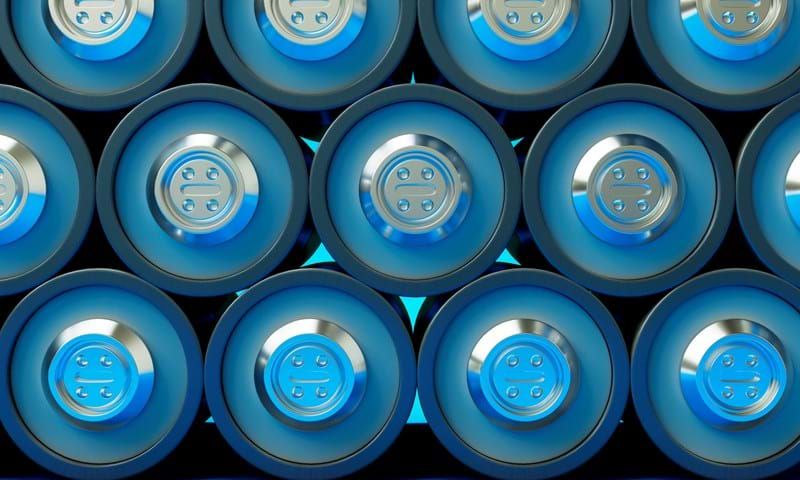
Having previously discussed the forced labour exposures in lithium battery EV supply chains in China, this article will explore the lithium EV battery alternatives.
Lithium-ion batteries, also known as Li-ion, have been the most widespread battery storage option in EVs across the world thanks to their efficient energy storage capabilities for long time periods. However, costs, technical limitations, supply chain issues, forced labour exposures and environmental impact associated with lithium-ion batteries pose a challenge for EV adoption and for a wider goal to tackle climate change.
All these reasons push the industry to invest in the development of lithium-ion battery alternatives.
What are lithium-ion battery alternatives?
Sodium-ion Battery

Source: Canva.
Instead of lithium in EV batteries, salt, or sodium, could be used as it is a similar element to lithium with less environmental impact. These sodium-ion batteries do not require the consumption of any scarce resources and rare lithium salts (simple table salt is enough for its production).
The global interest and investments in sodium-ion batteries are rising. Despite the fact that sodium doesn't have the same energy density as lithium (making it less powerful), and is three times heavier, it is significantly cheaper and available than lithium.
Experts also point out that sodium-ion cells are a perfect replacement for lead-acid batteries for low-cost EVs - such as electric scooters, e-rickshaws, and e-bikes.
There has been some noticeable sodium-ion battery action;
- Natron Energy: Claims the world's largest sodium-ion battery production facility.
- Atris: Manufactures sodium-ion batteries in its Sweden facility.
- CATL: Chinese battery giant has the largest planned battery manufacturing capacity globally. Started commercial deployment of sodium-ion battery cells in 2021, and plans to industrialise sodium-ion batteries by 2023.
- Reliance Industries: The Indian conglomerate acquired a British sodium-ion battery startup called Faradion in January 2022.
Solid-state Battery
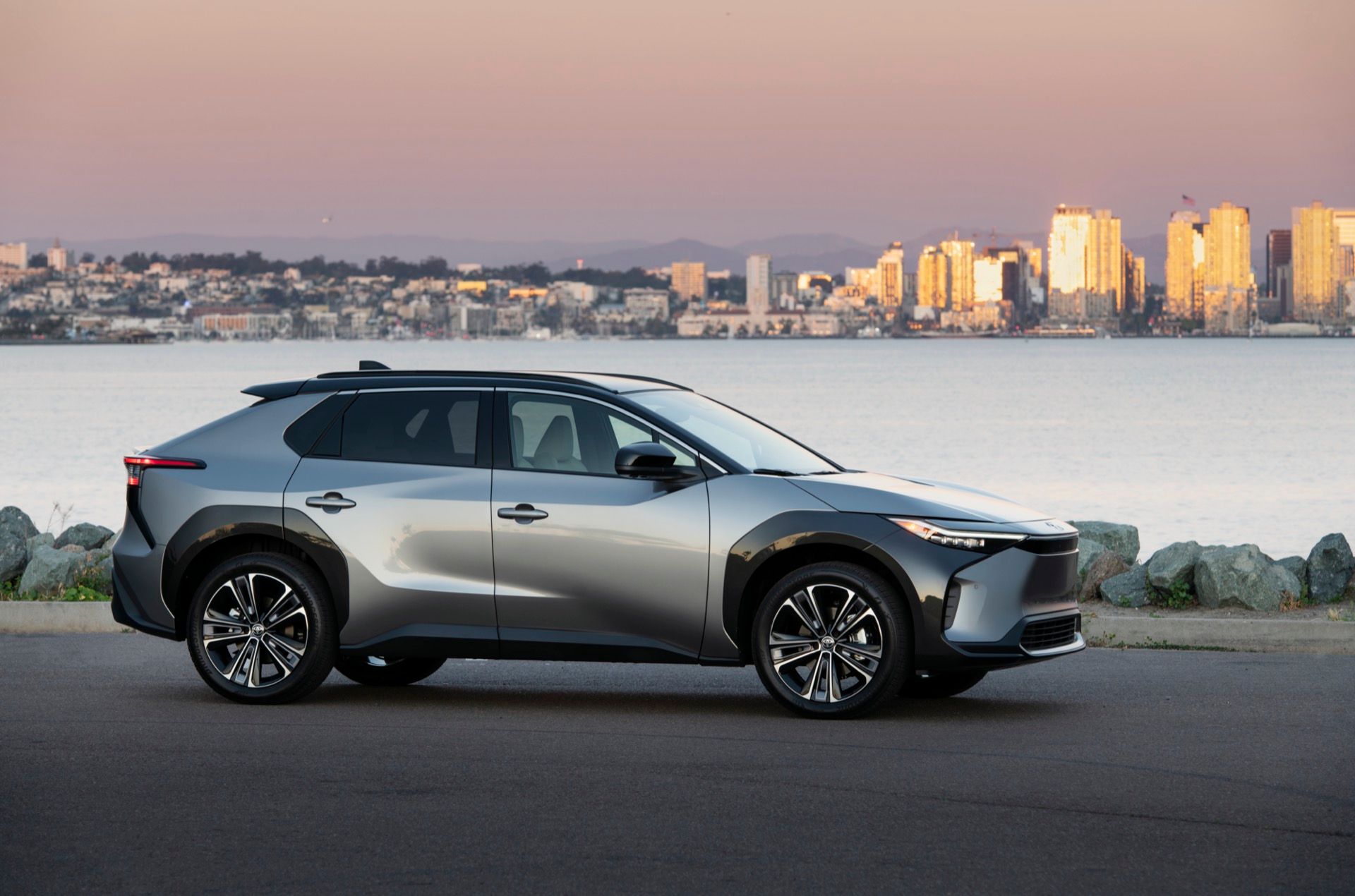
Source: GreenCarReports.
Solid-state batteries are the most popular and promising lithium-ion battery alternative, which is argued to be safer, more longer-lasting and more affordable.
A lithium-ion battery is made of cathode, anode, separator and electrolyte and uses liquid electrolyte solution when applied to EVs. In contrary, a solid-state battery uses solid electrolyte, not liquid.
- Solid-state battery tech holds the key to meeting ambitious COP 26 EV target
- Toyota: The leading holder of solid-state battery patents.
- Solid Power Inc.: Ford-backed solid-state battery company.
- QuantumScape Corp.: Solid-state battery startup, backed by Volkswagen AG and Bill Gates.
Solid-state battery companies such as Solid Power and large automakers like Toyota that invest in solid-state battery patents seem likely to benefit from EV battery market's growth.
Magnesium-ion Battery
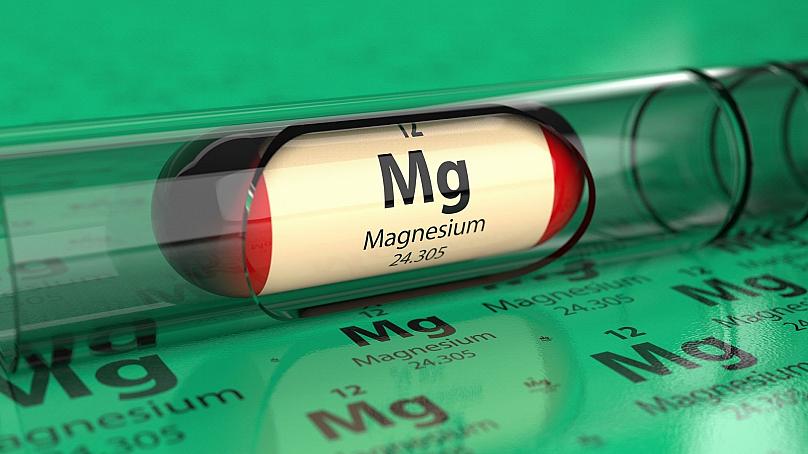
Source: Canva.
Magnesium could also be a viable option to lithium-ion batteries as it may have better stability, greater energy density (providing almost twice as much electrical energy) and lower cost, found a study.
Despite the technology is still under development, magnesium-ion batteries may achieve 'similar volumetric and specific capacities to lithium-ion batteries'.
- Could magnesium offer an alternative to lithium in batteries?
- New Magnesium EV Batteries For The Zero Emission Ride Of The Future
Liquid Battery
Liquid batteries, also called flow batteries, are quite similar to regular batteries in the way they work - with one key difference, all the components are dissolved in liquids. On the one hand, a 'charged-up liquid battery could be pumped into an electric car quickly, much as petrol is today', making it convenient for use. On the other hand, it may be difficult to pump as the electrical charge causes the liquid electrolyte to be sticky.
Bipolar Nickel-hydrogen Battery

When compared with lithium-ion, nickel-hydrogen can resist very-high and very-low temperatures, demands very little or no maintenance, and has a longer lifespan.
- Toyota: World's first EV to use high-output bipolar nickel-hydrogen battery.
Water-based Battery
This battery type is based on water - eliminating the risk of battery fires and the environmental impact of mining - and uses less costly and accessible materials like manganese and metal oxide.
- Salient Energy: Developed a water-based zinc-ion battery for stationary energy storage.
- Alsym Energy: A Boston-area startup that introduced a cheaper, water-based rechargeable battery that may have a performance similar to lithium-ion batteries.
Hemp-based Battery

Source: Canva.
Hemp, the plant and sustainable fibre used in many different industries, may be a safer, more environmentally friendly and less costly alternative to lithium. However, some say it isn't accurate to compare hemp and lithium-ion batteries since hemp batteries operate quite differently than lithium-ion batteries.
- Bemp Research Corp: A Texas-based startup that aims to develop and commercialise its Boron Carbide made from hemp, as a Li-ion alternative.
Glass Battery
Maria Helena Braga and John Goodenough, the Nobel winner inventor of the li-ion battery, have been developing a special battery that has electrolyte made of glass spiked with sodium ions as the key component. In addition to it's eco-friendly features, it may also outperform lithium-ion batteries. Yet, it is still under research and not suitable for widespread use.
Fuel Cells Battery
Fuel cells batteries may be charged by adding fuel instead of plugging them into the mains. However, “the challenge is to make it work in a practical device”, says John Andrews - the developer of the new technology.
Silicon as the Anode in a Lithium-ion Battery
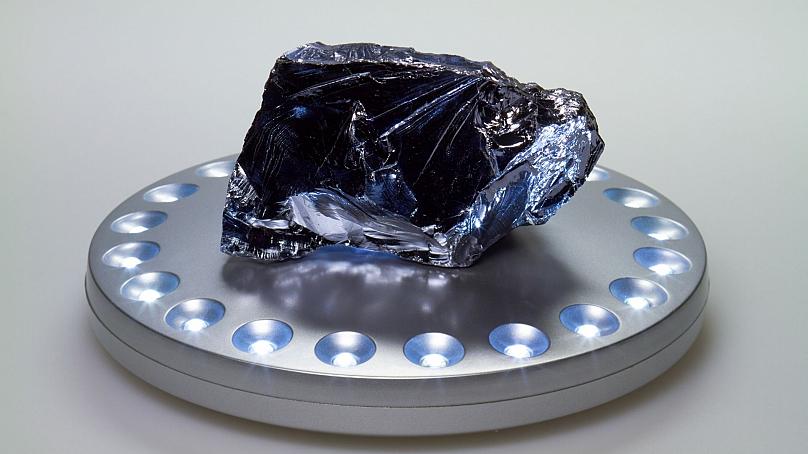
Source: Canva.
Silicon wouldn't replace lithium, however it may be added to lithium batteries instead of graphite. This would make the battery lighter, safer, more affordable and more effective in the longer term.
What's Next?
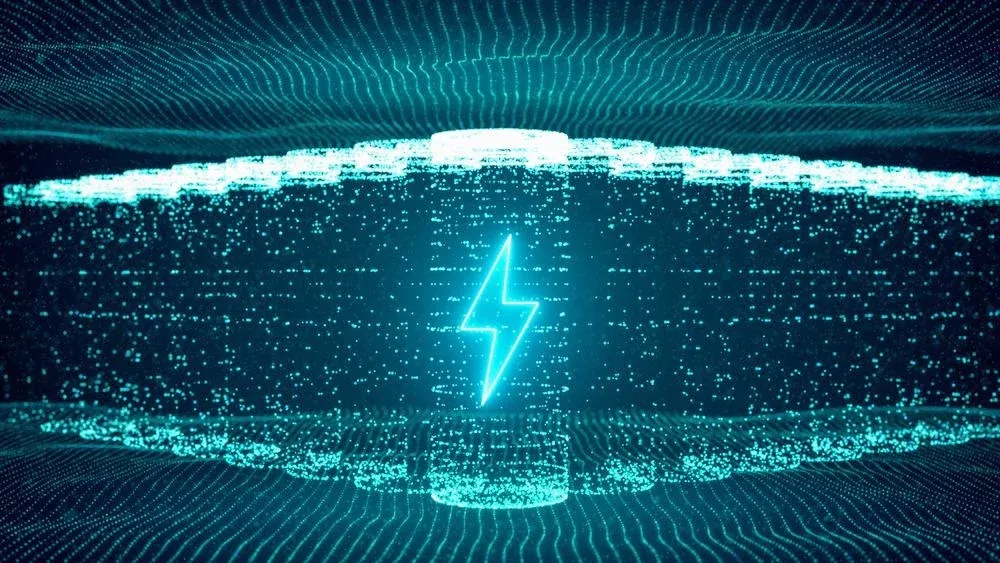
There has been an increasing emphasis on the development of lithium battery alternatives due to the issues faced in the China-dominated lithium-ion battery market. This may push companies and countries such as in Europe to create their own battery leaders to challenge Asian incumbents and develop alternative technologies.
The start ups undeniably play a crucial role in the development of these alternative technologies, which may attract the interests of large carmakers;
- Startup Tyfast is working to make batteries using a new anode that lasts 20 times longer than lithium.
- A number of start ups are also working on a quantum batteries, a theoretical technology that exploits quantum physics to make units capable of holding large amounts of energy - could allow driving million miles between charges.

Overall, feasibility seems to be a major obstacle for most of these alternative battery technologies, yet with more research and investment, these technologies are expected to become more viable options to lithium-ion batteries.
This is the final piece of this series. These sources used are aggregated through our Portfolio Activity Monitor (PAM), which enables you dig further into potential risks/opportunities ahead of the market
